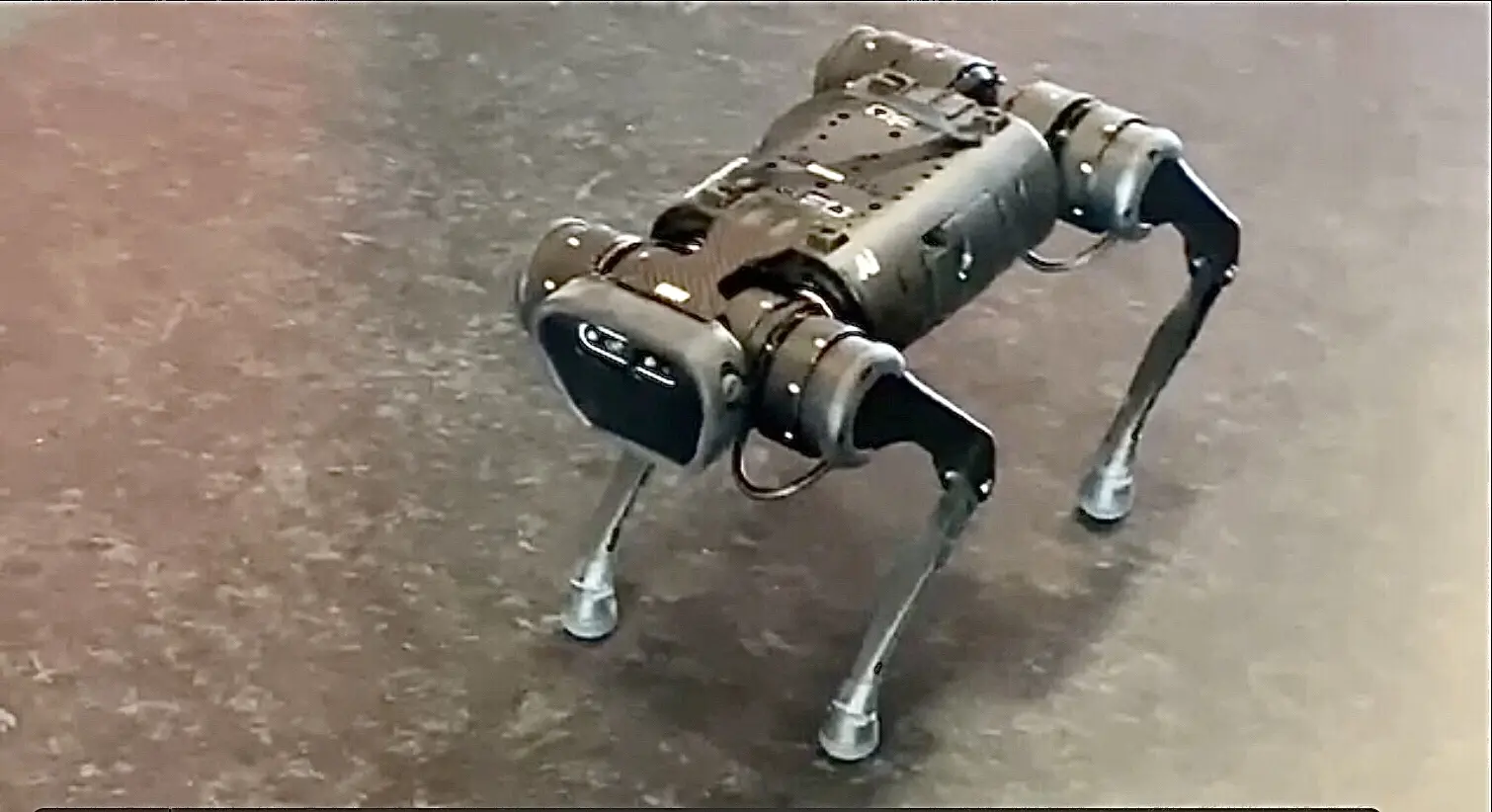CAI focuses on autonomous systems as demonstrators for AI in teaching
A current bachelor thesis transfers our AI research to four-legged walking robots. These will serve as demonstrators and training objects for teaching.

Deep Learning has revolutionized the way pattern recognition problems like image analysis and natural language processing can be solved today in practice, and is thus permeating industry and society. Yet, the technology behind the success stories remains vague and mysterious to most, to a large degree because it all happens "in the virtual world" (inside a computer). It is less tangible than other technological artifacts involving customer-facing hardware like cars, robots etc.
Claudio Ansaldi now started his bachelor thesis in computer science to build a tangible demonstrator for deep-learning-based computer vision technology like object detection and recognition for the ZHAW Centre for Artificial Intelligence, based on a camera-equipped robotic platform that can move autonomously based on the visual input it receives. This should become the starting point for more use of autonomous systems in AI education at the CAI: It does not just make core AI technology more tangible, but offers the possibility to study its side effects when seen in interaction with humans and the physical world, making students aware of the multiple facets of the technology they create. We plan to use several such platforms in future courses in the computer science and data science programmes of the School of Engineering. Additionally, the robotic platforms also offer new opportunities for research into the embodiment of our methods.
